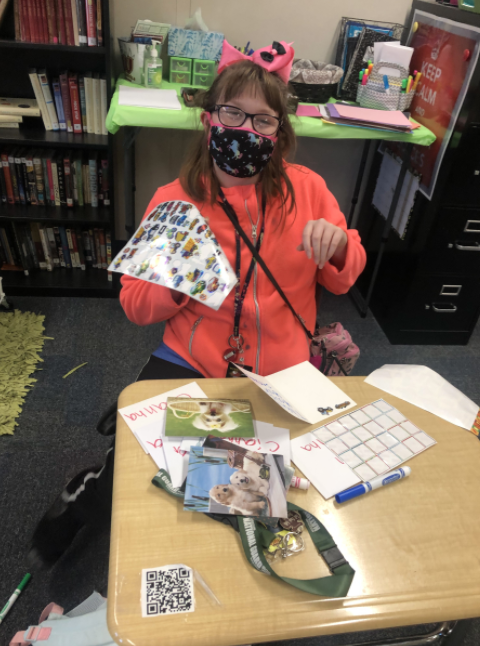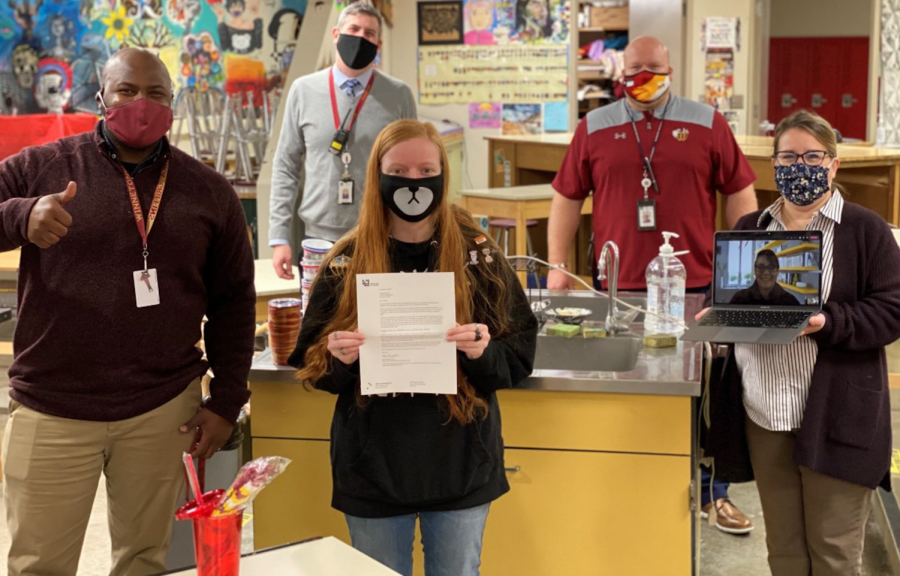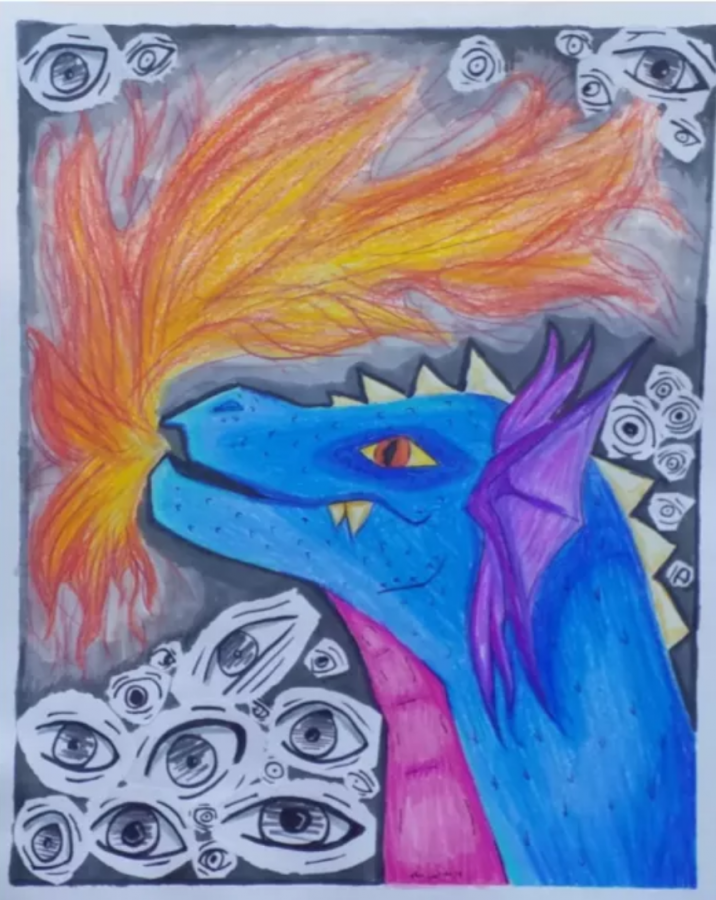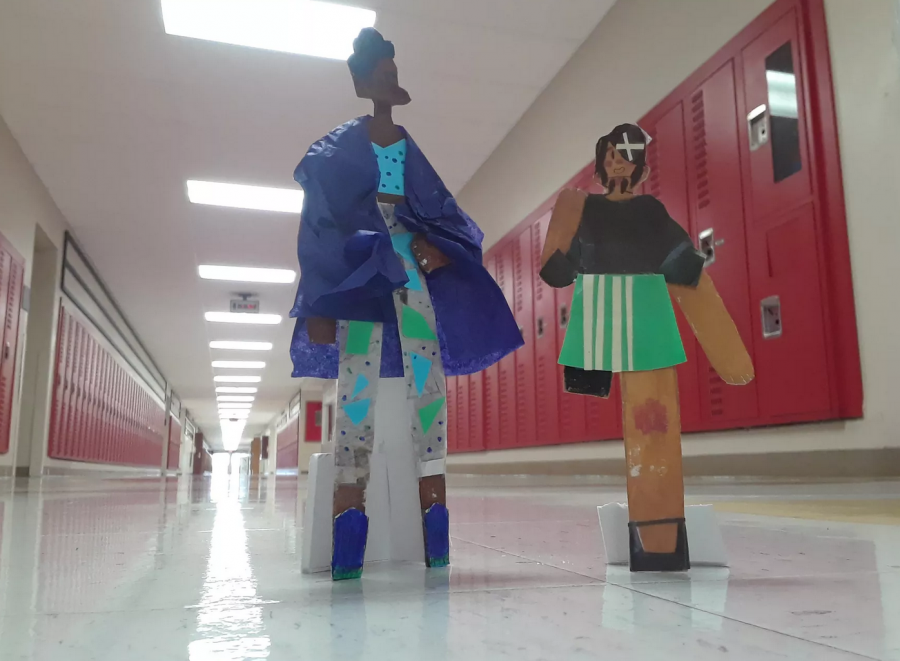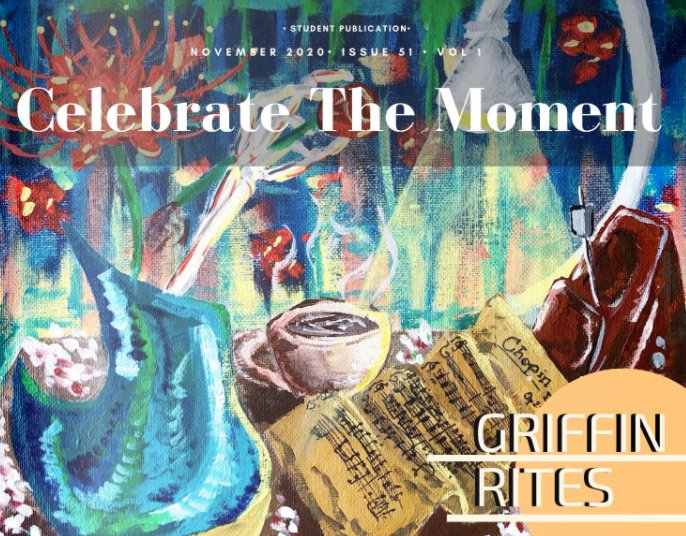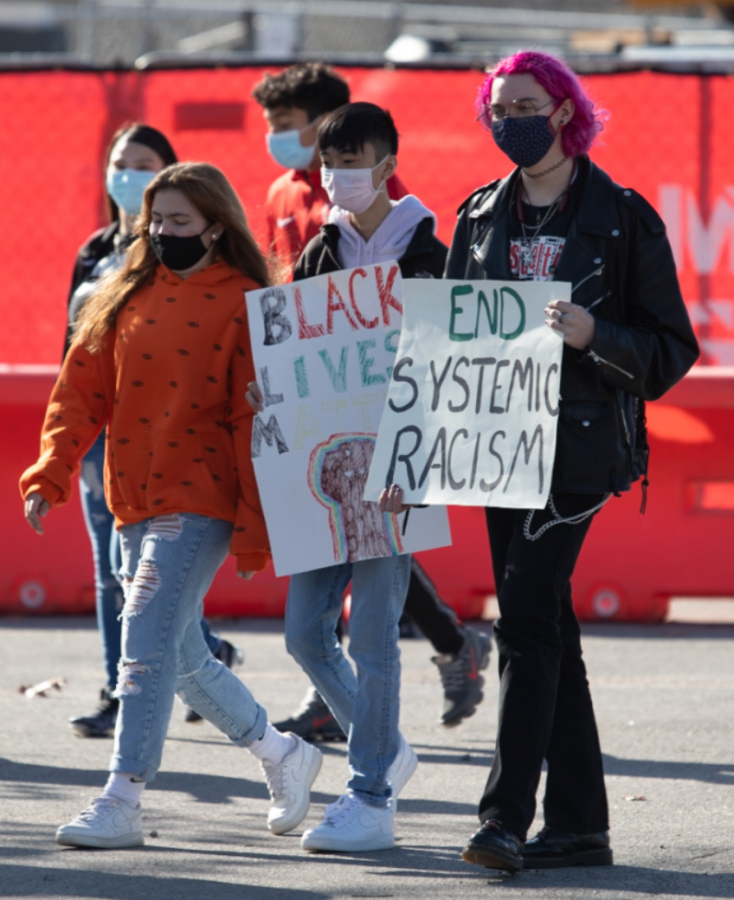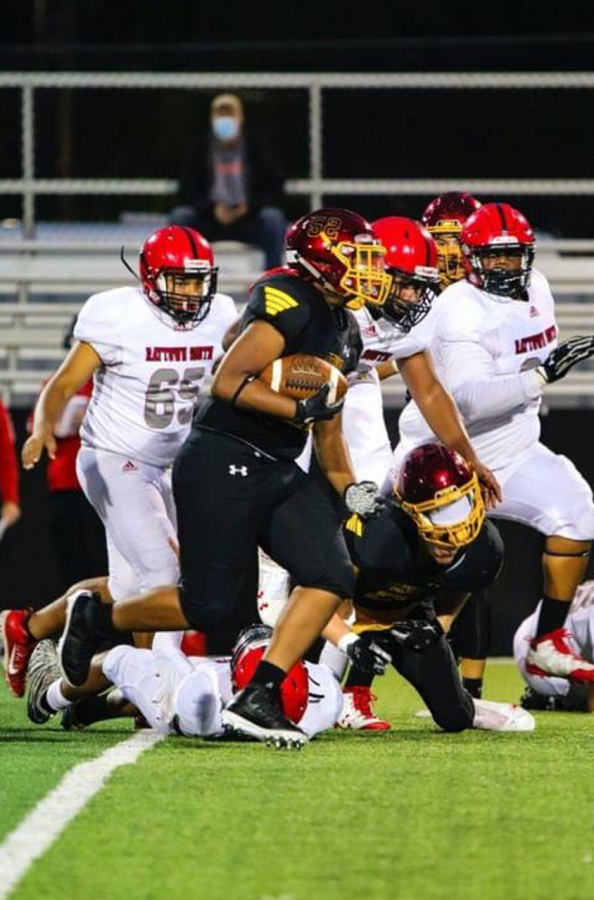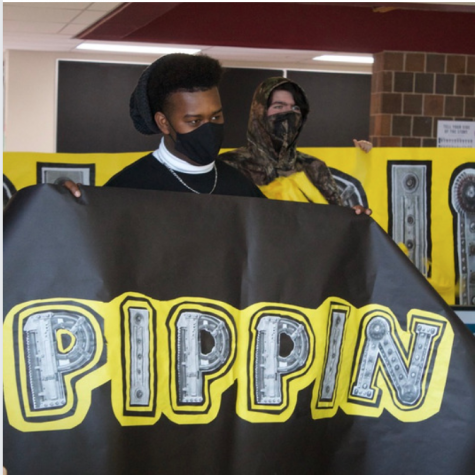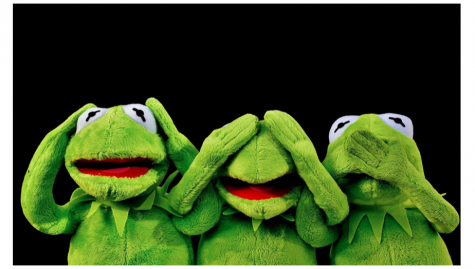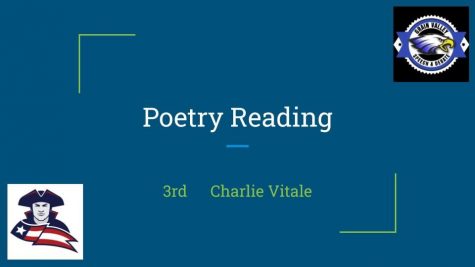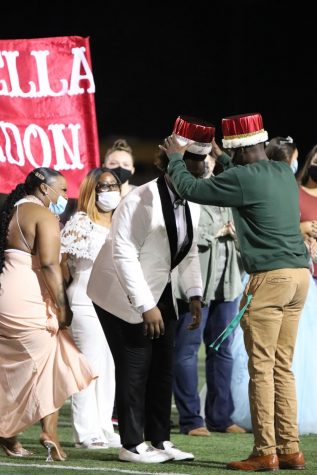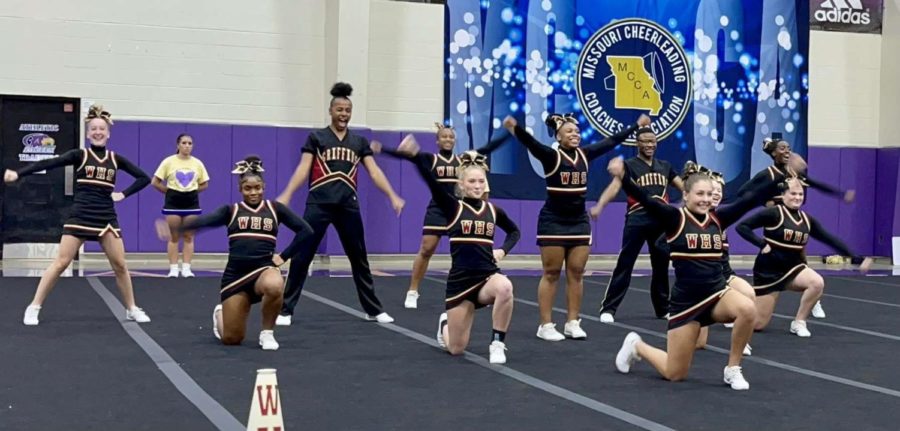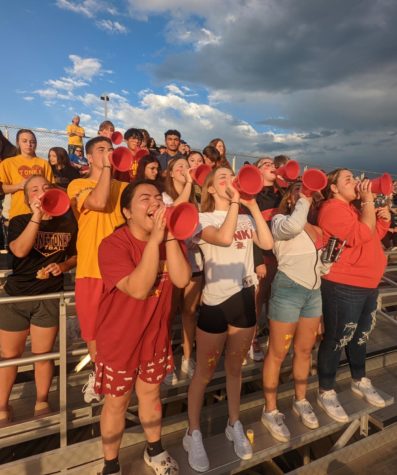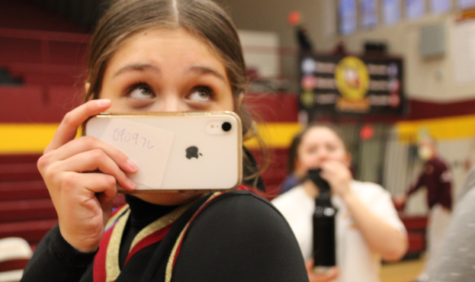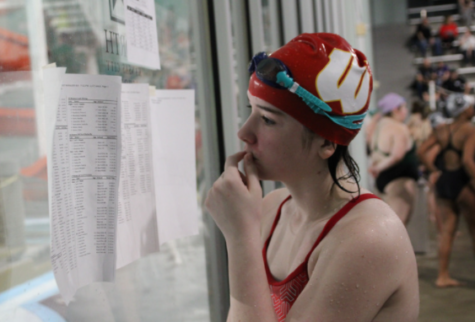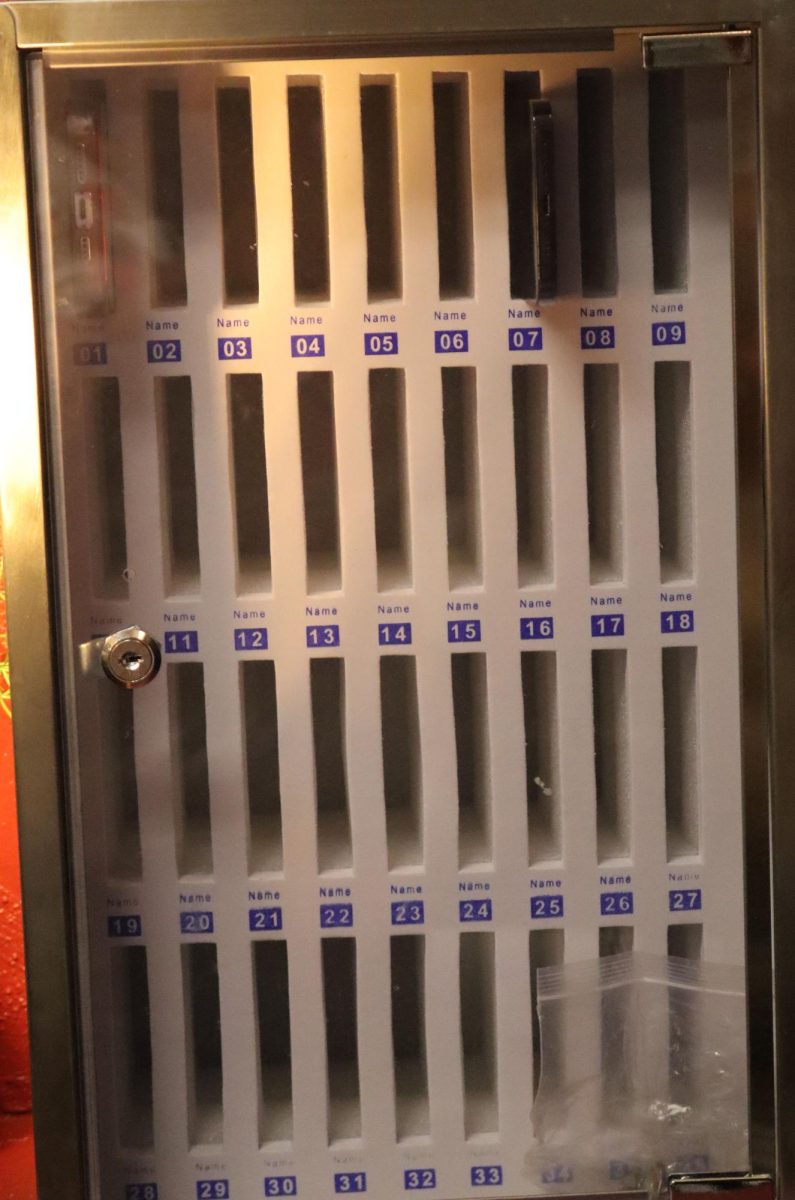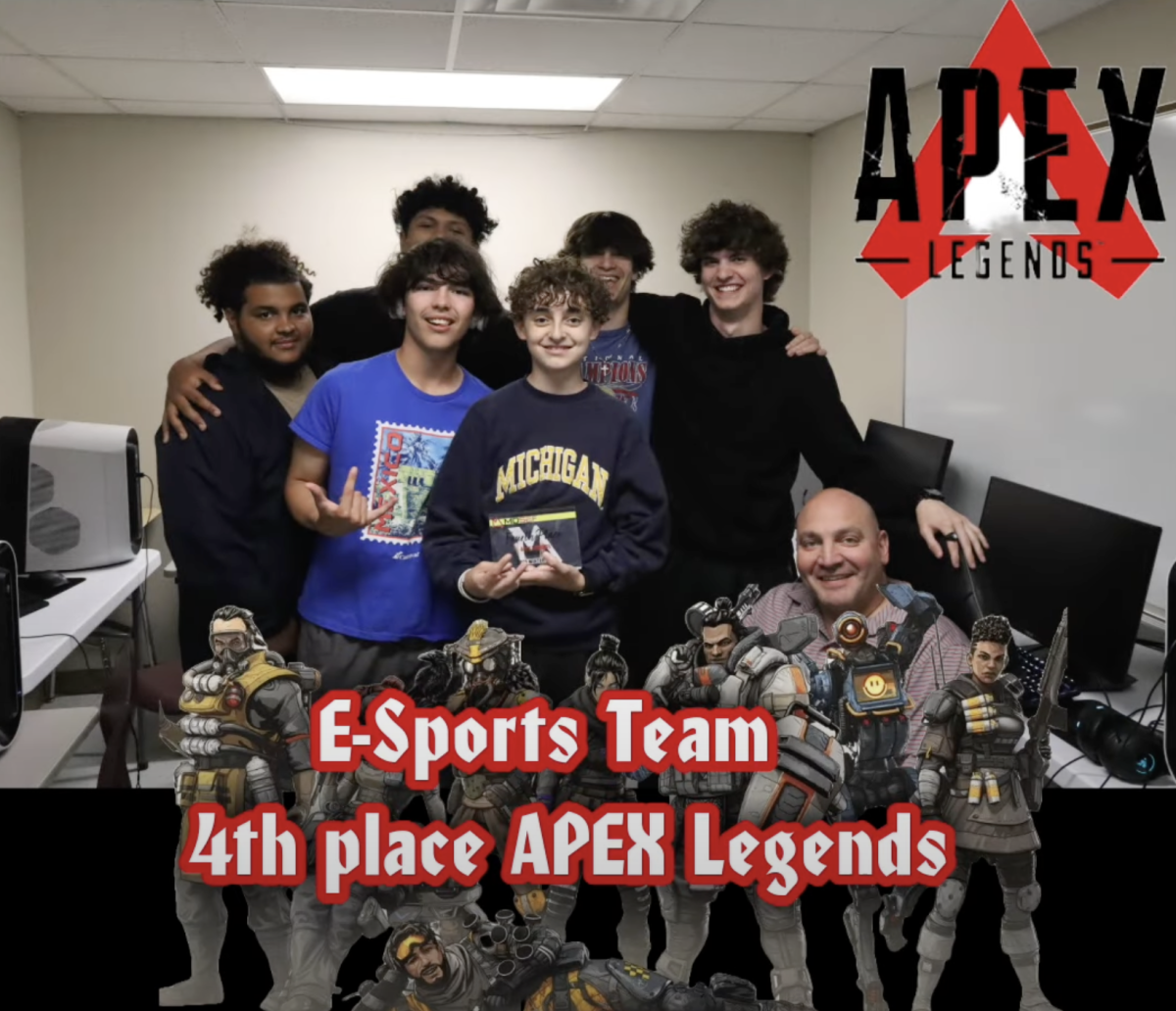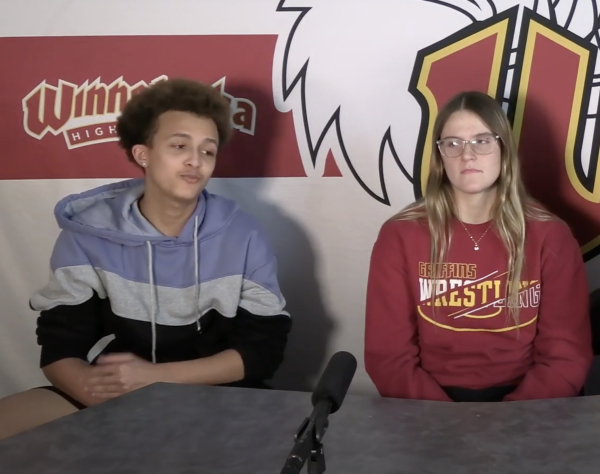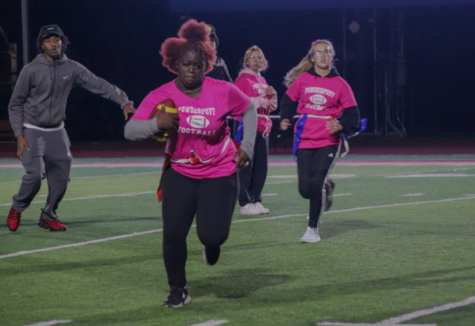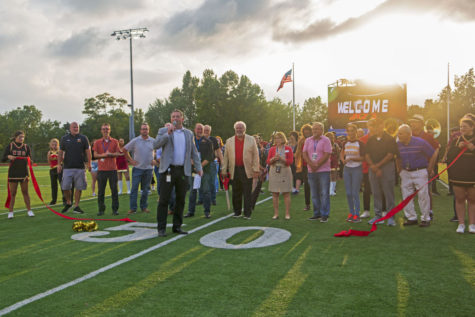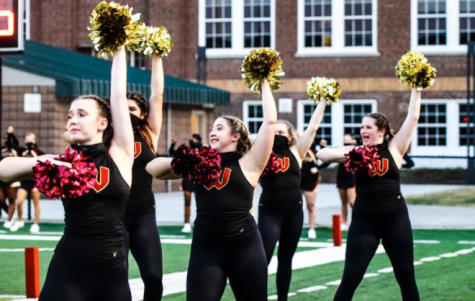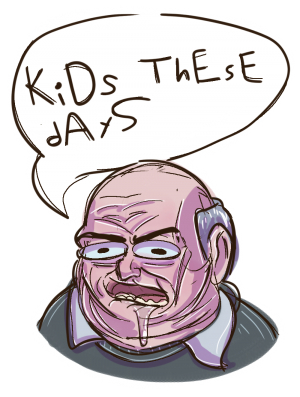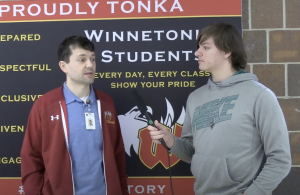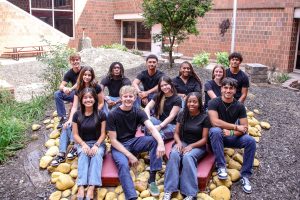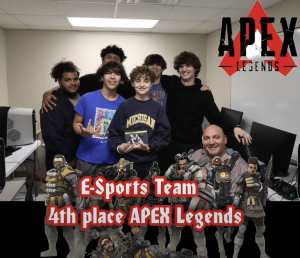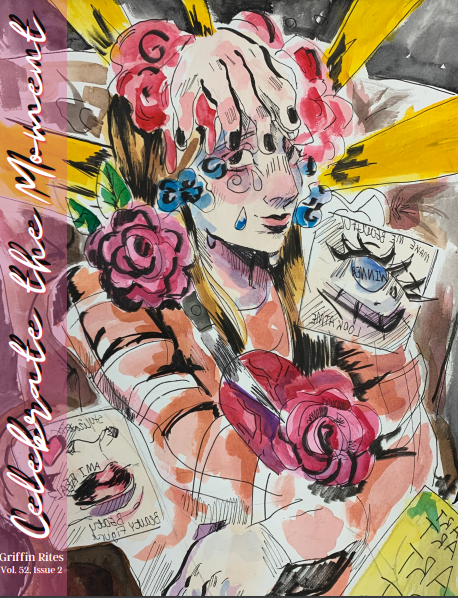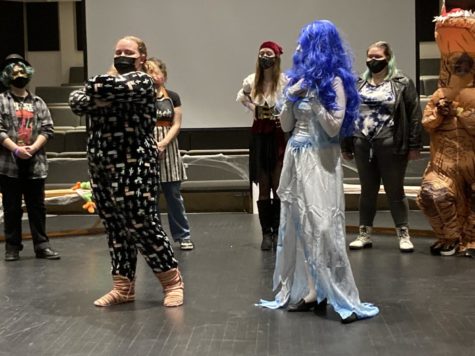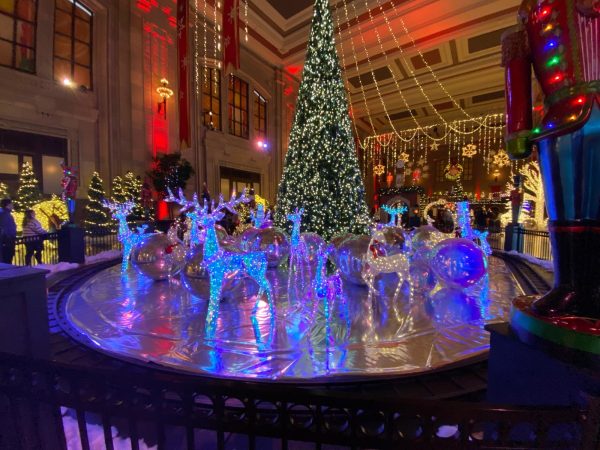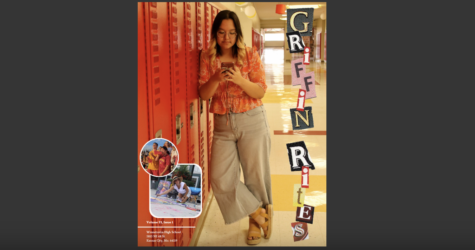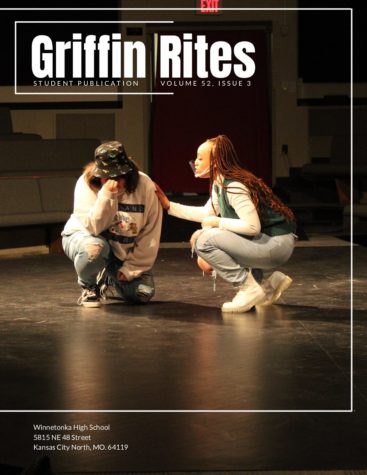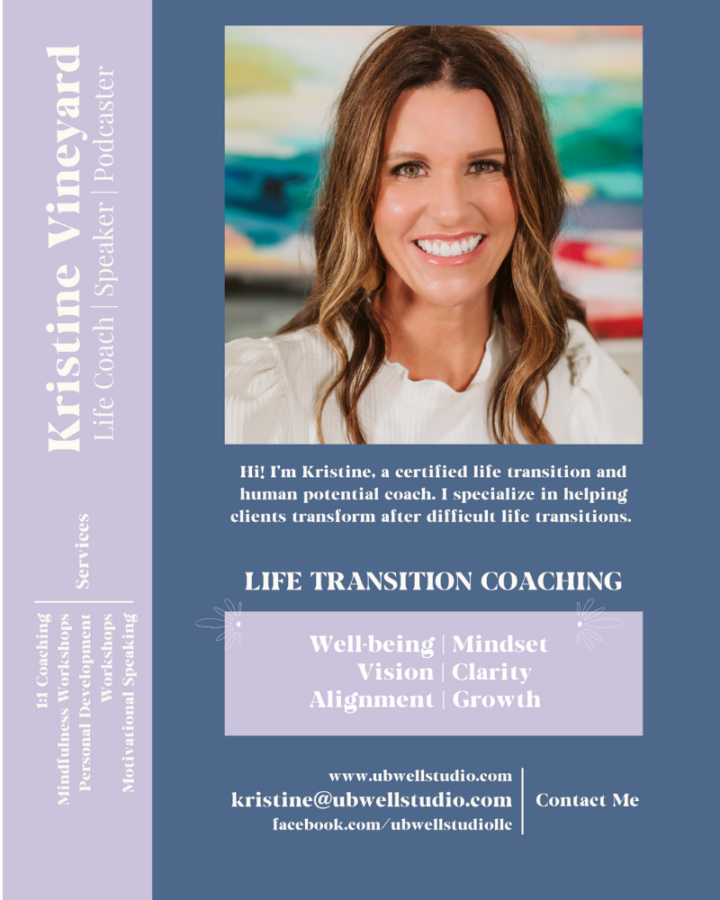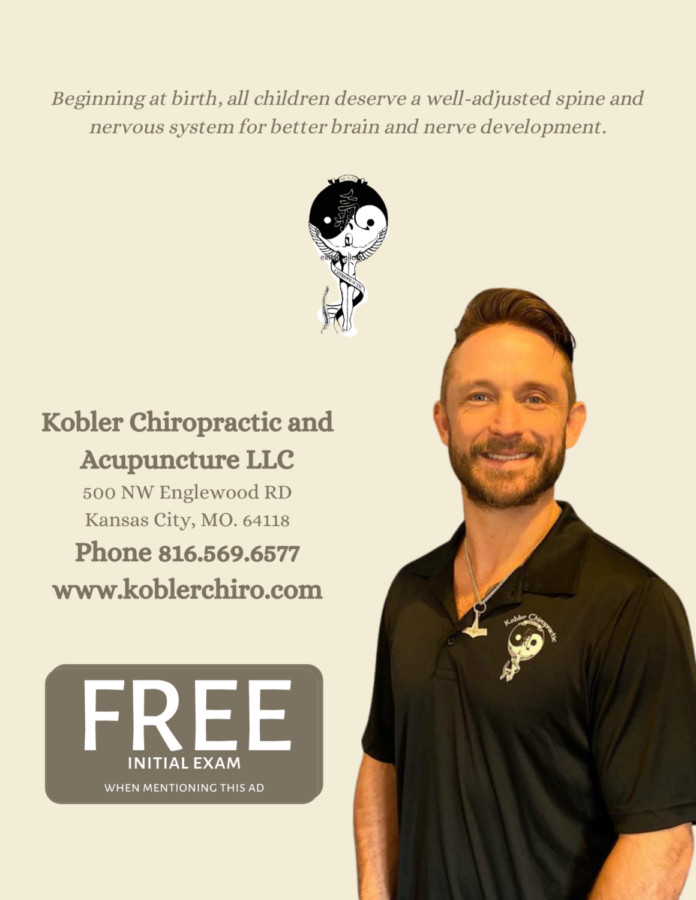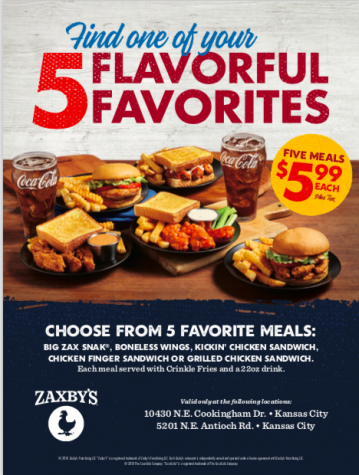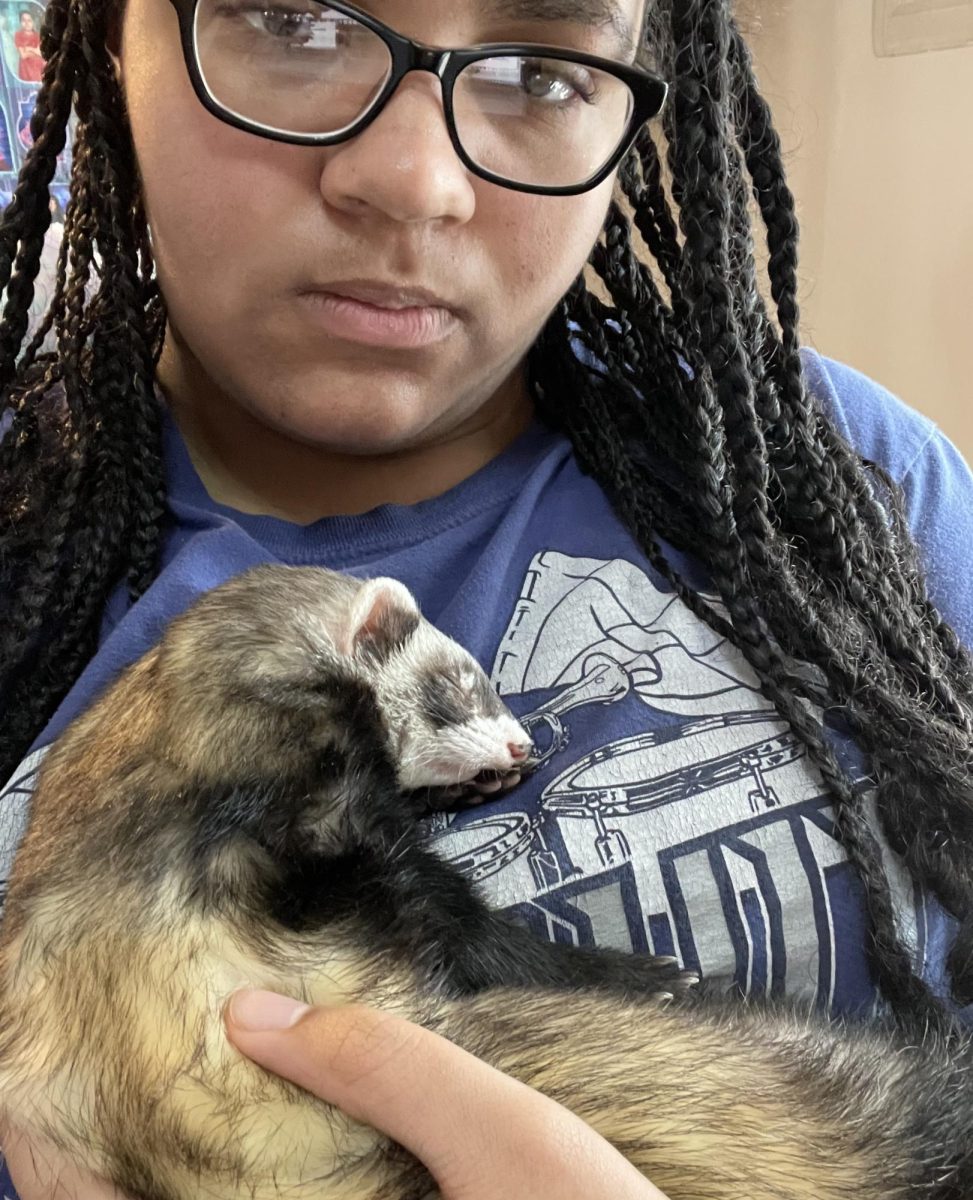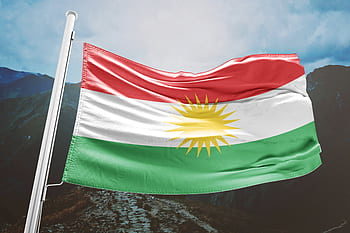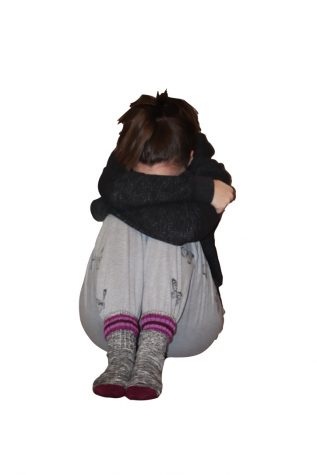Truth be told
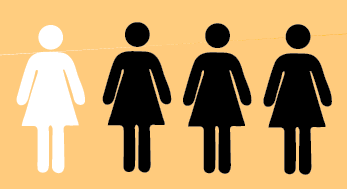
February 8, 2018
After more than 50 sexual-assault allegations against film producer Harvey Weinstein, after former Olympic gymnastics team doctor Larry Nassar was sentenced to between 40 and 175 years in jail for molesting approximately 160 girls and after nearly all celebrities attending the 2018 Golden Globes wore black to combat sexual assault, the #metoo movement has given a voice to the millions of people who have been sexually assaulted or harassed.
Although it has only recently made its way into the media, the #metoo movement was started ten years ago by the Brooklyn-based Girls for Gender Equity program director Tarana Burke. Last October, actress Alyssa Milano turned the movement into a hashtag, which has now been shared by many celebrities and millions of other people across social media.
“I think the one responsibility we have as survivors – once we get to a place where we can – is to create an entry point to healing for other survivors,” Burke said in a CNN article. “For years I couldn’t figure out what that would be for me and then Me Too became that thing.”
Senior Hannah Hernandez said she appreciates that celebrities are using their position in the media to promote the movement.
“I definitely think it’s great that they’re [celebrities] using this power for good; trying to get change to happen despite how we view them as people,” senior Hannah Hernandez said. “They also have problems, and they have very, very real problems that people aren’t looking at because we see them as these perfect people who only play other people, not as people themselves. I’m glad that they’re finding their voice and speaking out against those things.”
Dressed in black, actress and talk show host Oprah Winfrey spoke at the Golden Globes about the #metoo movement and also about the #timesup campaign, which speaks out against sexual assault, harassment and inequality in the workplace.
“What I know for sure is that speaking your truth is the most powerful tool we all have,” Winfrey said during her acceptance speech. “And I’m especially proud and inspired by all the women who have felt strong enough and empowered enough to speak up and share their personal stories. Each of us in this room are celebrated because of the stories that we tell, and this year we became the story. But it’s not just a story affecting the entertainment industry. It’s one that transcends any culture, geography, race, religion, politics or workplace.”
According to senior Audrey Thompson, this problem is currently prevalent in the media because people are just now listening.
“It’s great that they’re trying to shine a light on what’s been going on for so long, but at the same time, it’s also funny because it has been going on for so long and people are like ‘Why is it just now coming out?’” Thompson said. “It hasn’t just been coming out now; it’s just now people are paying attention.”
Junior Ashley Smith used #metoo to spread her voice about how the effected people are not alone.
“I was affected at a young age, but I was shunned whenever I tried to speak,” Smith said. “But I wanted to bring more awareness about how that happens to so many girls. I basically just copied and pasted from one of my male friends on Facebook. It was basically saying ‘men and women get assaulted, #metoo.’”
According to Hernandez, using #metoo helps educate the public about sexual assault.
“Sexual assault is not just a college kid getting a girl drunk and then raping her. It’s way more  complicated than that,” Hernandez said. “It could be asking a woman repeatedly to have sex until she finally is just like ‘I guess.’ That’s not actual consent; that’s just wearing someone down. It’s not like the typical version of sexual assault, but it definitely is still in that grey area where it counts. Having these conversations and educating people about that is definitely being productive in helping to stop these things.”
complicated than that,” Hernandez said. “It could be asking a woman repeatedly to have sex until she finally is just like ‘I guess.’ That’s not actual consent; that’s just wearing someone down. It’s not like the typical version of sexual assault, but it definitely is still in that grey area where it counts. Having these conversations and educating people about that is definitely being productive in helping to stop these things.”
Although this hashtag has been used by many victims of sexual abuse, senior Bailey Kleindienst – who has experienced sexual assault and harassment – does not speak about her personal experiences on social media.
“I’ll share things on Facebook when it talks about how to prevent rape or little things, I’ll share it because it’s important, but I don’t use social media to speak out about it,” Kleindienst said. “If I were to speak out about it, I would go more public-level. I want to work in the criminal justice system because I want things like that to change because I’ve been to court for sexaul assault… For me, I want to go a step further, instead of using social media as a platform, I want to use my career as a platform.”
Although the movement has made a difference in the media, there is more to be done in support for it, according to Thompson.
“I think it’s [using #metoo] a good way to put out there that it’s far more common today than what a lot of people realize, but at the same time, people will put out there a hashtag in support of a movement, they won’t do anything else,” Thompson said. “There are pros and cons to it because it’s a way to get the movement out there – it’s a way to keep it going – but at the same time people think that once they put a hashtag on something, their part is done.”
For Kleindienst, #metoo is just the start of making a difference.
“There’s a lot more to be done, and I hope that by having ‘metoo’, it encourages more people to have a passion for changing the tune on things they think are unjust,” Kliendienst said.
Although #metoo may only be the beginning of a longer movement for students like Kleindienst, for Winfrey, who ended her speech encouraging action, it is also an important step towards ending sexual assault and harassment.
“I want all the girls watching here, now, to know that a new day is on the horizon,” Winfrey said in her speech. “And when that new day finally dawns, it will be because of a lot of magnificent women… and some pretty phenomenal men, fighting hard to make sure that they become the leaders who take us to the time when nobody ever has to say, ‘Me too’ again.”




